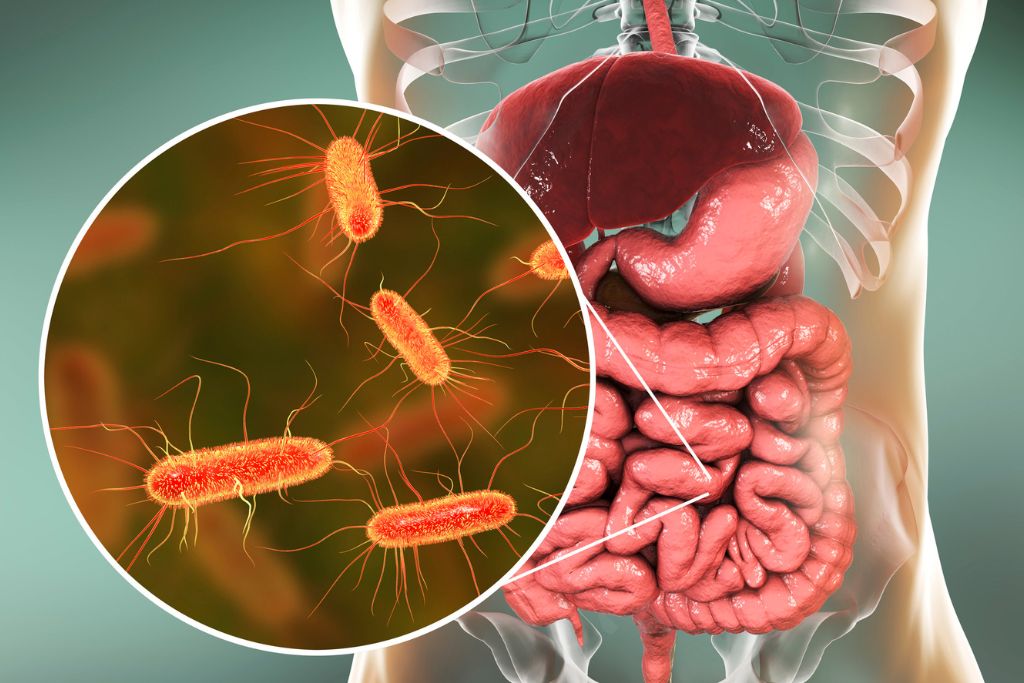Alcohol consumption is a common practice in many cultures and especially during celebrations. However, its impact on health, particularly on the gut microbiome, raises important questions. In this article, we explore the effects of alcohol on gut balance, the risks associated with excessive consumption, and strategies to care for the gut after drinking.
Alcohol and the intestinal microbiota: a delicate balance
The gut microbiome is a complex community of microorganisms essential for functions such as nutrient absorption, immune system strengthening, and inflammatory regulation. However, this balance can be disrupted by excessive alcohol consumption, leading to a condition known as intestinal dysbiosis.
Does alcohol kill good gut bacteria?
It is important to clarify that common alcoholic beverages do not have the necessary concentration (70%) to eliminate beneficial bacteria. However, prolonged and excessive alcohol consumption can cause significant imbalances in the microbiome, favoring the proliferation of harmful bacteria and decreasing microbial diversity.
Negative impacts of excessive alcohol consumption on the intestine
- Dysbiosis: Studies show a decrease in beneficial bacteria such as Akkermansia and Faecalibacterium, along with an increased presence of pathogenic bacteria.
- Intestinal permeability: Alcohol can weaken the intestinal barrier, allowing toxic substances to pass into the bloodstream.
- Inflammation: Imbalances in the microbiome, combined with loss of intestinal barrier integrity, can trigger inflammatory responses.
Potential benefits of moderate alcohol consumption
Moderate consumption, particularly of polyphenol-rich beverages such as red wine, may have some benefits:
- Social and psychological aspects : Participating in social activities can improve emotional well-being.
- Longevity : Some studies suggest that moderate consumption may be linked to longer life expectancy.
- Increased beneficial bacteria : Polyphenols in red wine and other antioxidant foods may promote the growth of healthy bacteria.
What is considered moderate consumption?
According to official guidelines, moderate alcohol consumption is defined as:
- Up to 1 drink per day for women.
- Up to 2 drinks per day for men.
In contrast, heavy drinking includes more than 4 drinks on one occasion (women) or 5 (men) and habitual consumption of large amounts over several days.
How to restore gut health after drinking
If you have been drinking alcohol and want to take care of your gut microbiome, consider the following strategies:
- Hydration : Drinking water or electrolyte supplements helps replenish fluids and support bowel function.
- Probiotic consumption : Foods such as yogurt, kefir and sauerkraut can help restore microbial balance.
- Prebiotics : Include high-fiber foods, such as bananas, garlic, and asparagus, to nourish healthy bacteria.
- Anti-inflammatory foods : Integrate fatty fish, nuts and colorful vegetables into your diet.
- Adequate rest : Alcohol affects sleep patterns, and rest is crucial for intestinal recovery.
Take a break from alcohol
Reducing alcohol consumption or taking a break, such as the so-called "Dry January", can be beneficial in restoring intestinal health. Studies show that even 3 weeks of abstinence can significantly improve intestinal barrier function.
Moderation and bowel care
Alcohol, consumed in moderation, can support a healthy gut microbiome. However, excessive consumption can have significant negative impacts. Maintaining a balanced diet, staying hydrated, and prioritizing rest are key to protecting gut health.
At Biotasmart , we offer personalized recommendations based on your microbiota. Discover how to optimize your well-being with our services.




Leave a comment
This site is protected by hCaptcha and the hCaptcha Privacy Policy and Terms of Service apply.